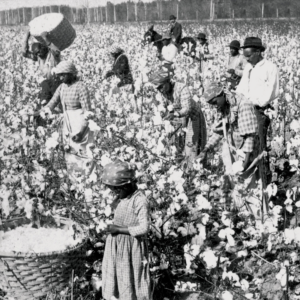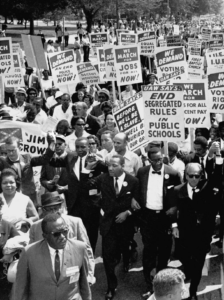 The study of Black siblinghood within the context of Black families is deeply rooted in a complex historical and sociological landscape. To understand the dynamics of Black sibling relationships among adolescents, it is imperative to consider the historical foundations of slavery, systemic racism, and the broader African-American experience. Historically, the institution of slavery in the United States had a profound impact on Black families. Enslaved individuals were often forcibly separated from their families, including siblings, leading to disrupted familial bonds. This traumatic history has left a lasting imprint on the collective memory of Black families and influenced the significance of sibling relationships as a source of support and resilience.
The study of Black siblinghood within the context of Black families is deeply rooted in a complex historical and sociological landscape. To understand the dynamics of Black sibling relationships among adolescents, it is imperative to consider the historical foundations of slavery, systemic racism, and the broader African-American experience. Historically, the institution of slavery in the United States had a profound impact on Black families. Enslaved individuals were often forcibly separated from their families, including siblings, leading to disrupted familial bonds. This traumatic history has left a lasting imprint on the collective memory of Black families and influenced the significance of sibling relationships as a source of support and resilience.
Throughout the 20th century, the Civil Rights Movement and subsequent social and legislative changes began to challenge racial segregation and discrimination. However, these changes did not eliminate the enduring disparities faced by Black communities, including economic and educational inequalities.
These disparities continue to shape the social, economic, and educational opportunities available to Black adolescents and affect their sibling relationships. Today, the study of Black siblinghood is crucial as it offers insights into how adolescents navigate contemporary challenges within the context of their families. Understanding the historical and sociological context is vital for grasping the nuanced ways in which Black sibling relationships function and how they influence individual behaviors, providing valuable insights into the resilience and strength of Black families in the face of historical adversity and ongoing societal inequities.
